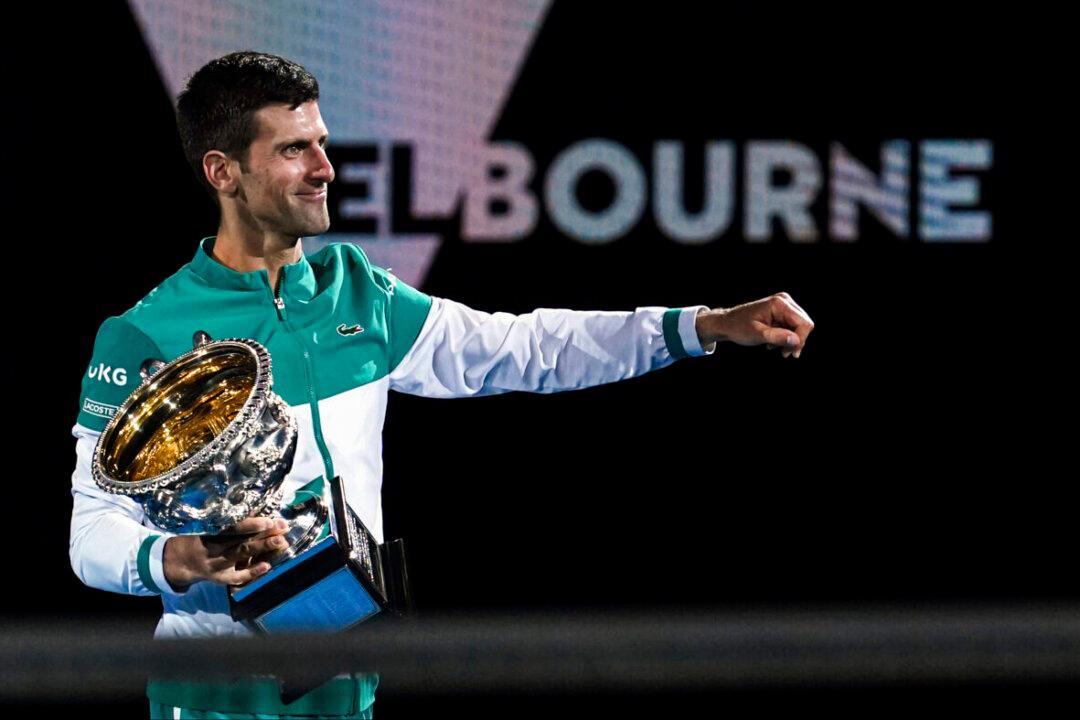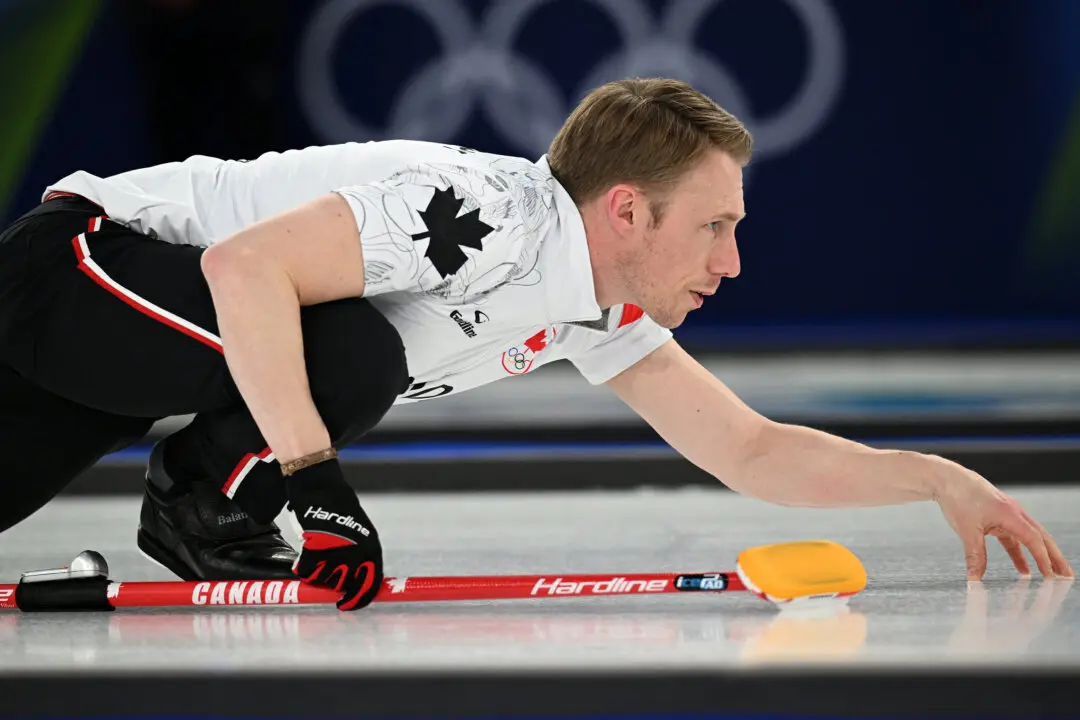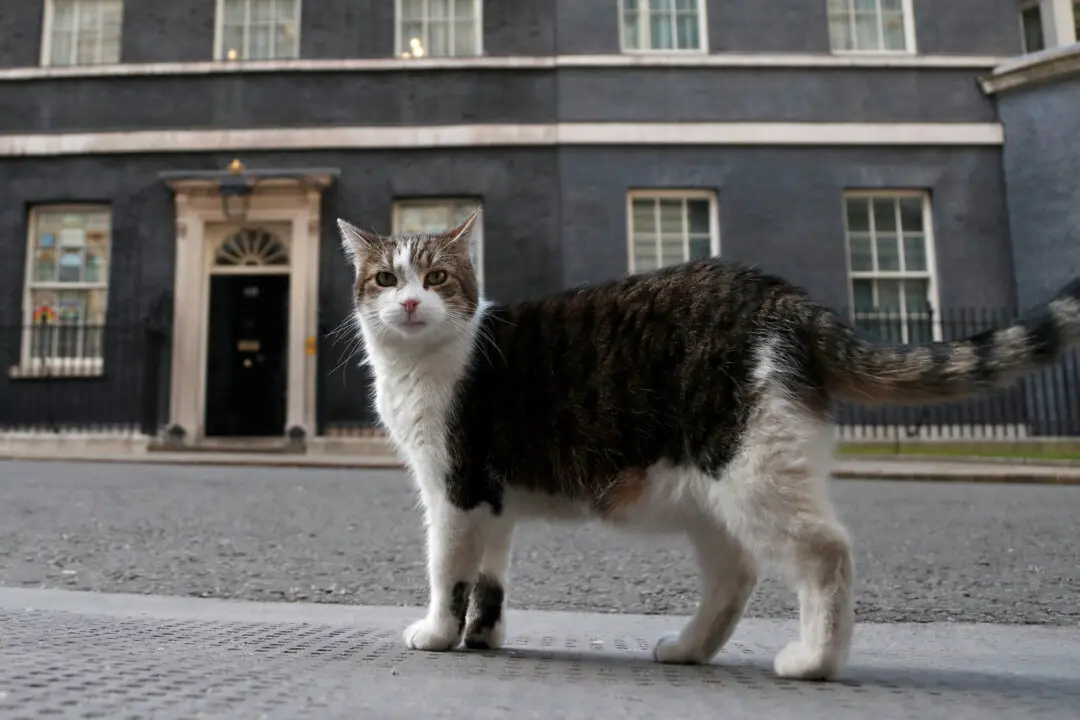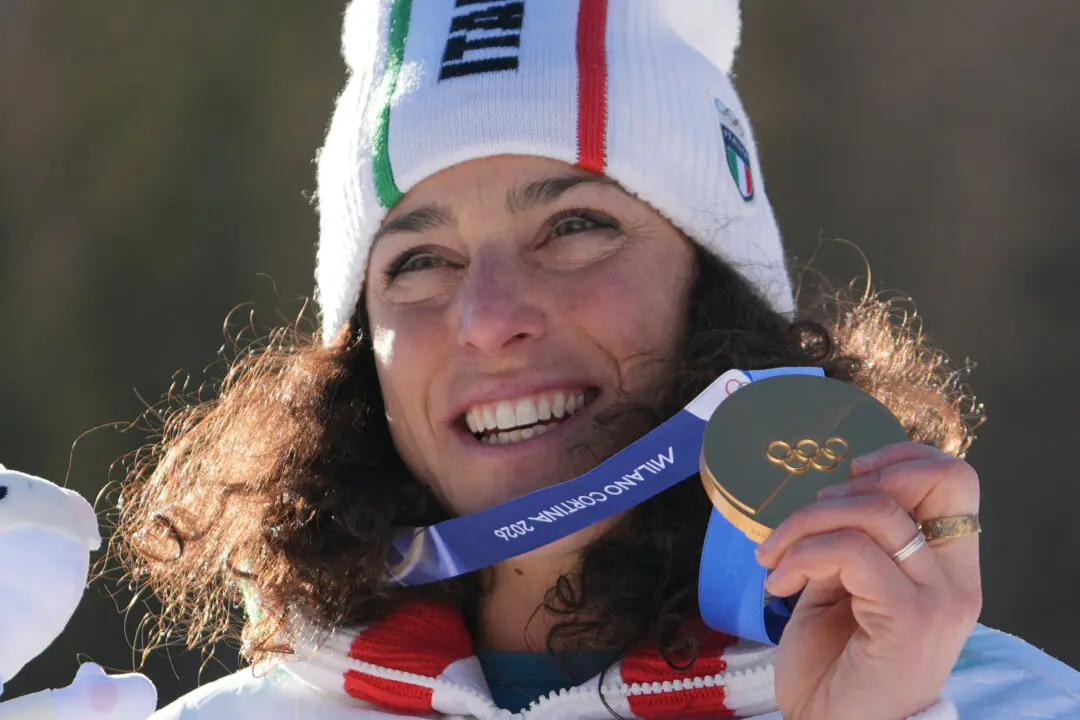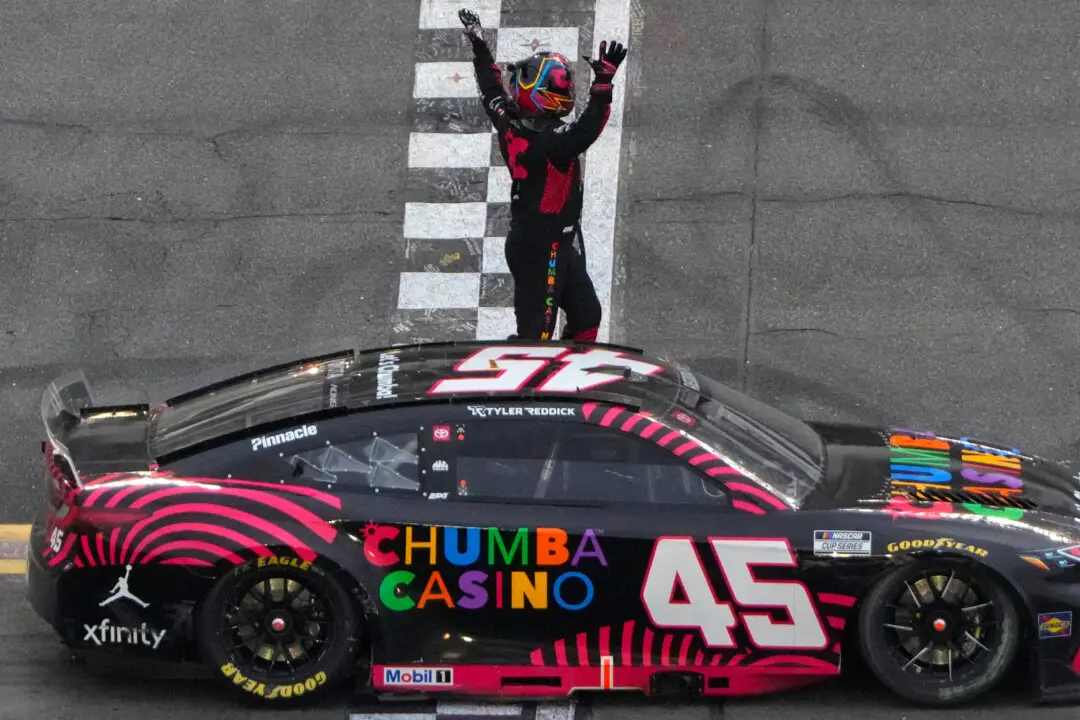Novak Djokovic’s lawyers filed court papers Saturday in his challenge against deportation from Australia that show the tennis star tested positive for COVID-19 last month and recovered, grounds he used in applying for a medical exemption to the country’s strict vaccination rules.
The No. 1-ranked Djokovic was denied entry at the Melbourne airport late Wednesday after border officials canceled his visa for failing to meet its entry requirement that all non-citizens be fully vaccinated for COVID-19.
